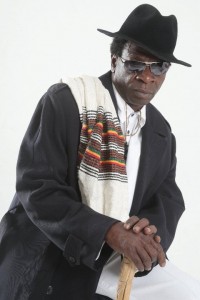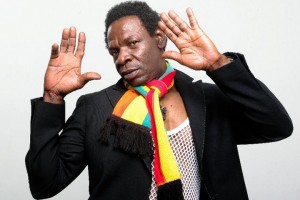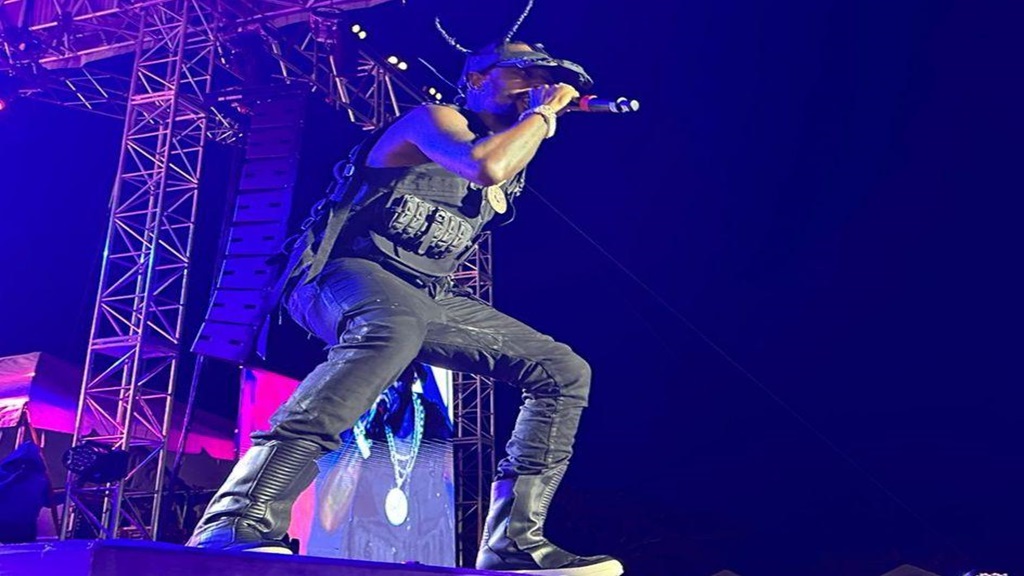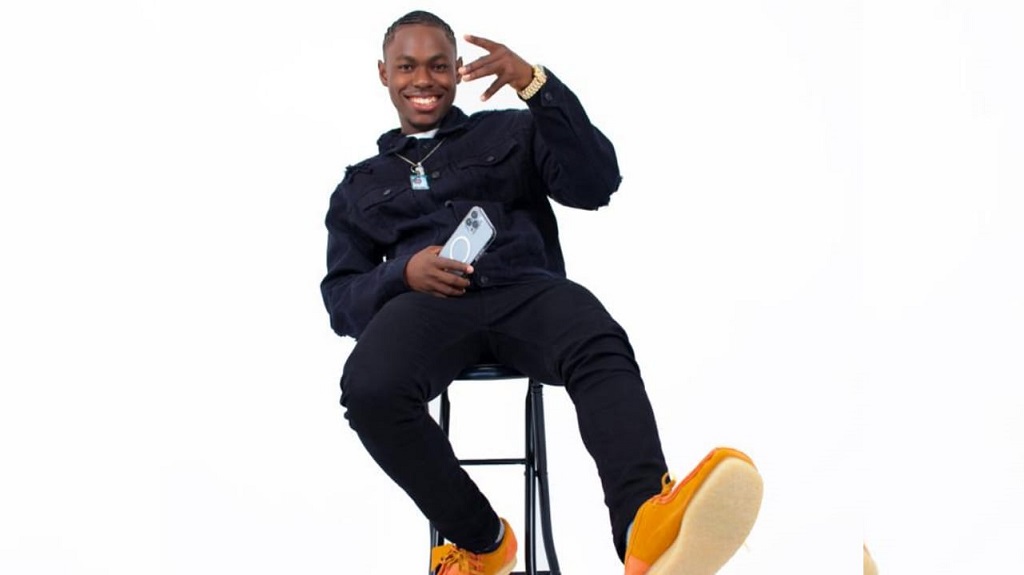The legendary and veteran deejay King Kong is back in the music business after signing with a management team to represent him worldwide.
In April, King Kong released a new album called ‘Ethiopian Dream’ produced by King Shiloh Majestic Music from Amsterdam, Holand.
‘Ethiopian Dream’ was released in digital format (iTunes, Amazon, etc) and as LP for a limited edition.
In this new journey of his life, King Kong is living in Ethiopia.
“I decided to move to Ethiopia because that is what rasta preach, return to Africa” King Kong says.
Ready for new year, King Kong is expecting to take over again on reggae music scene and perform on the four corners of the world, to spread his message and his unique style
Dennis Anthony Thomas, better known as King Kong, is a Jamaican deejay/singer best known for his work in the 1980s.
Born in Kingston, Thomas first recorded as a deejay at Tuff Gong studios in 1982, initially working under the name Junior Kong, named after his father. His debut single was “Pink Eye”. His first album release was split with another of Tubby’s singers, Anthony Red Rose, with Two Big Bull Inna One Pen issued on Firehouse. During 1986 and 1987, Kong recorded for several of Jamaica’s top producers, including Prince Jammy, with whom he enjoyed his biggest hits with “Trouble Again” (the title track from his Jammy-produced debut album proper) and “Legal We Legal”, Black Scorpio, Harry J, Errol Thompson, Ossie Hibbert, Bunny Lee, and Prince Jazzbo.
While many of his songs were typical in content of the era, several of his songs had political and cultural themes. He released several albums during this period before relocating first to New York, and then to Canada in the late 1980s, where he released material occasionally on his Conscious Music label. The death of Tenor Saw in 1988 prompted King Kong to release “He Was a Friend” as a tribute, and in 1989 he relocated to England and recorded with Mafia & Fluxy and Gussie P in the early 1990s. He began recording more regularly again in the 2000s.










